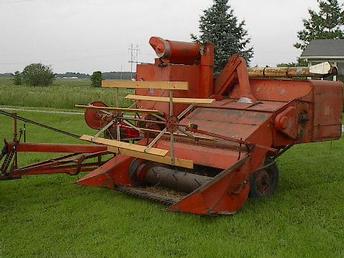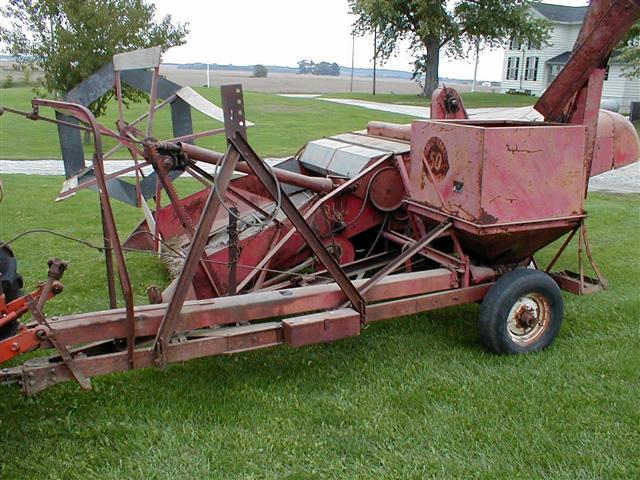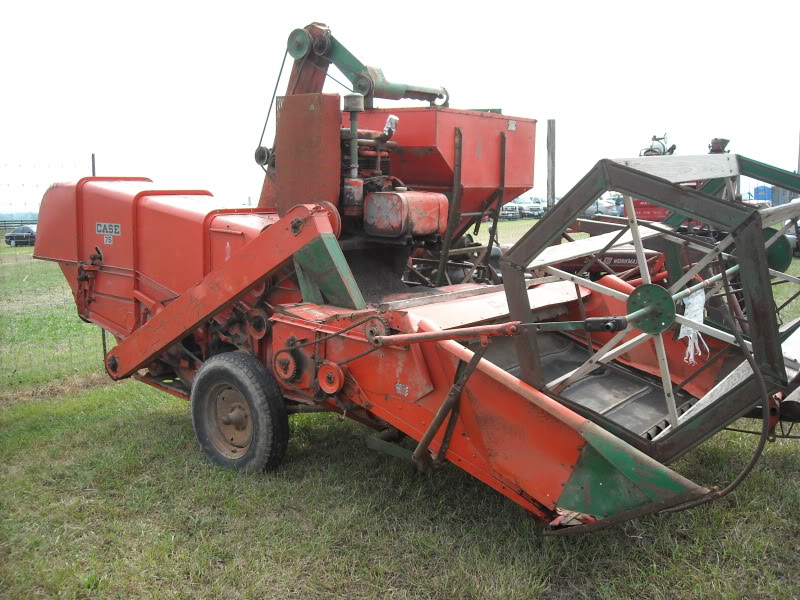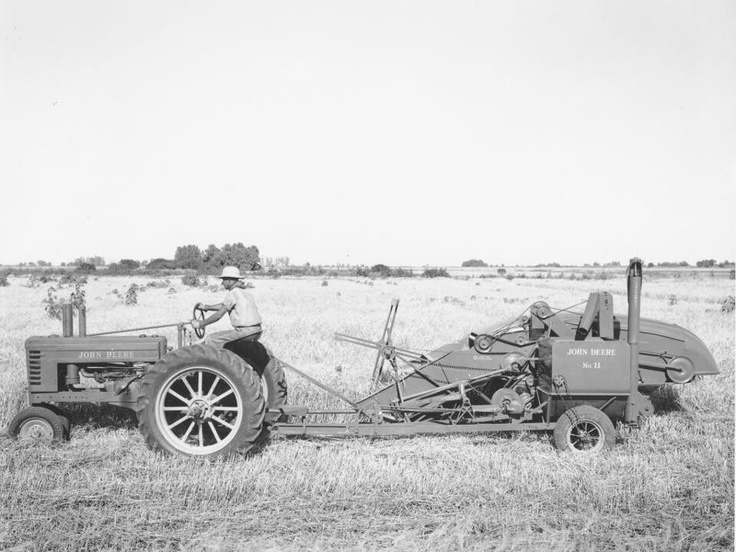I read somewhere (and can't find it again) that historically grains were harvested earlier than is currently practised, and the grain left to stand for a period of time.
Is this the case? If so, when did the old timers (pre combine) know it was ready?
They probably used the same test I do, the bite test. Take one kernel and bite down on it. Too soft you let the wheat mature a bit more. If it is kind of hard to bite you can swath it and combine it when it dries the rest of the way. Bigger farms will straight combine it and they need it more mature. A lot of them use a dessicant agent to get it drier before they start.

















![Craft A Brew - Safale S-04 Dry Yeast - Fermentis - English Ale Dry Yeast - For English and American Ales and Hard Apple Ciders - Ingredients for Home Brewing - Beer Making Supplies - [1 Pack]](https://m.media-amazon.com/images/I/41fVGNh6JfL._SL500_.jpg)













































